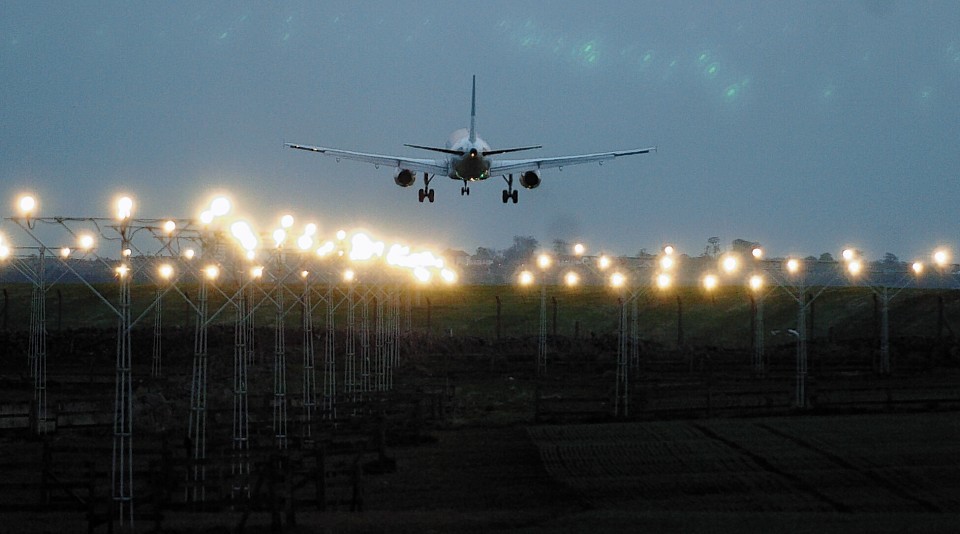A major Australian investment bank has joined Ferrovial in its bid to buy three airports including Aberdeen.
Macquarie and the Spanish firm are set to seize control of Aberdeen International Airport along with airports in Southampton and Glasgow as part of a bid that could be worth up to £1billion.
Last week Macquarie, which manages stakes in a number of airports through its European infrastructure fund, was thought to have raised £250million after its sold its 50% share in Bristol Airport to its partner, the Ontario Teachers’ Pension Plan.
The move freed Macquarie from any competition hurdles that might have been thrown up with its acquisition of a stake in the trio of airports.
It is now thought that with Macquarie on board, Ferrovial is in a stronger position to buy the airports from Heathrow Airport Holdings (HAH).
In August, HAH said it expected a deal to be completed by the end of the year with the latest bid expected to be confirmed in coming weeks.
Ferrovial has emerged as the top bidder for the airports after beating out a rival group led by Swiss investment firm Partners and backed by Zurich Airport and the North East Scotland Pension Fund.
The sale process has hit delays due to the Heathrow owners’ complex shareholding structure. The Spanish infrastructure group has a 25% stake in HAH, which changed its name from BAA in 2012.
Ferrovial was initially BAA’s controlling shareholder since 2006 when it lead a highly leveraged £10.3billion bid for the group of UK airports, which included Heathrow, Gatwick and all three main Scottish airports.
But its ambitions for running BAA were crushed when the Competition Commission (now the Competition and Markets Authority) demanded that it sell Gatwick, Stansted and Edinburgh Airports after a drawn-out legal battle.
Global Infrastructure Partners (GIP) bought Gatwick in 2009 for £1.5billion and Edinburgh Airport for £807million, while last year it sold Stansted for £1.5billion to Manchester Airport’s owners.
Ferrovial is HAH’s biggest shareholder, with a 25% stake in the airport operator owned by a consortium including Britannia Airport Partners and Singapore’s GIC, Qatar Holding and Alinda Capital Partners.
The Macquarie European Infrastructure Fund owns stakes in Brussels and Copenhagen airports, as well car park operator NCP.
A spokesman for the Sydney-based firm declined to comment.
Ferrovial was unavailable for comment.
